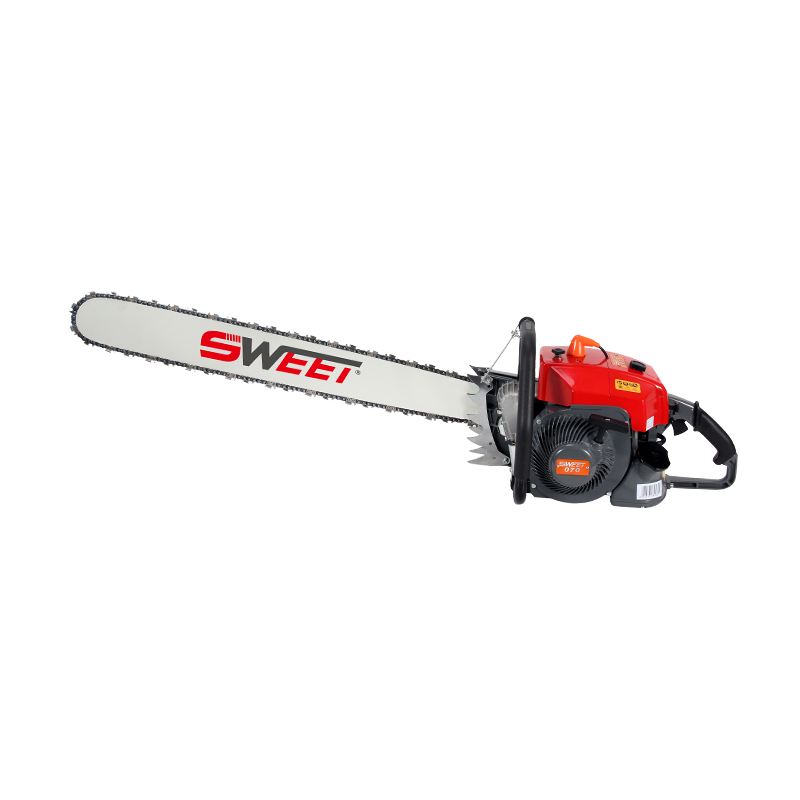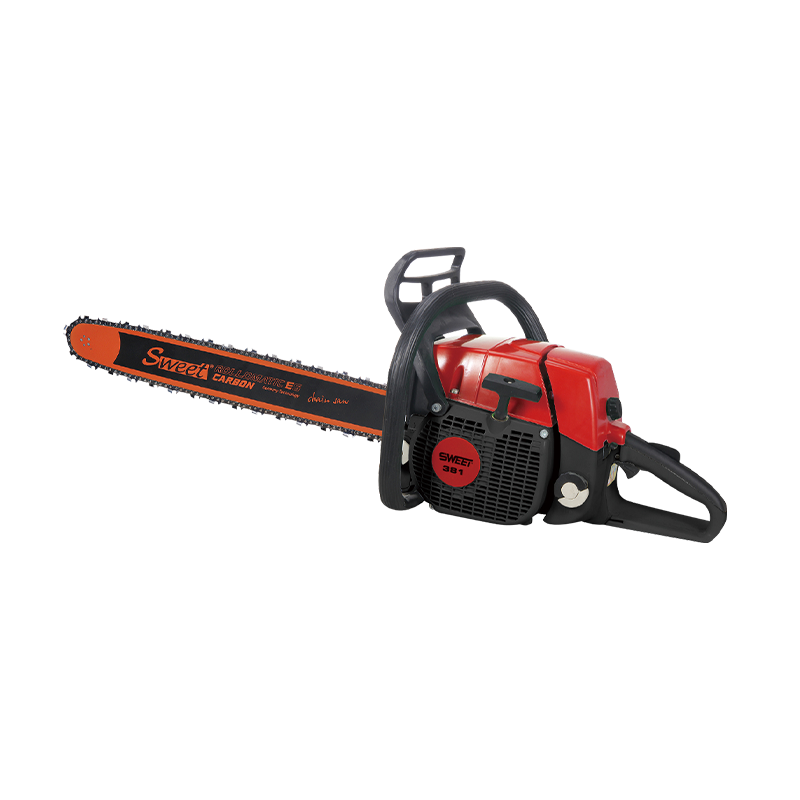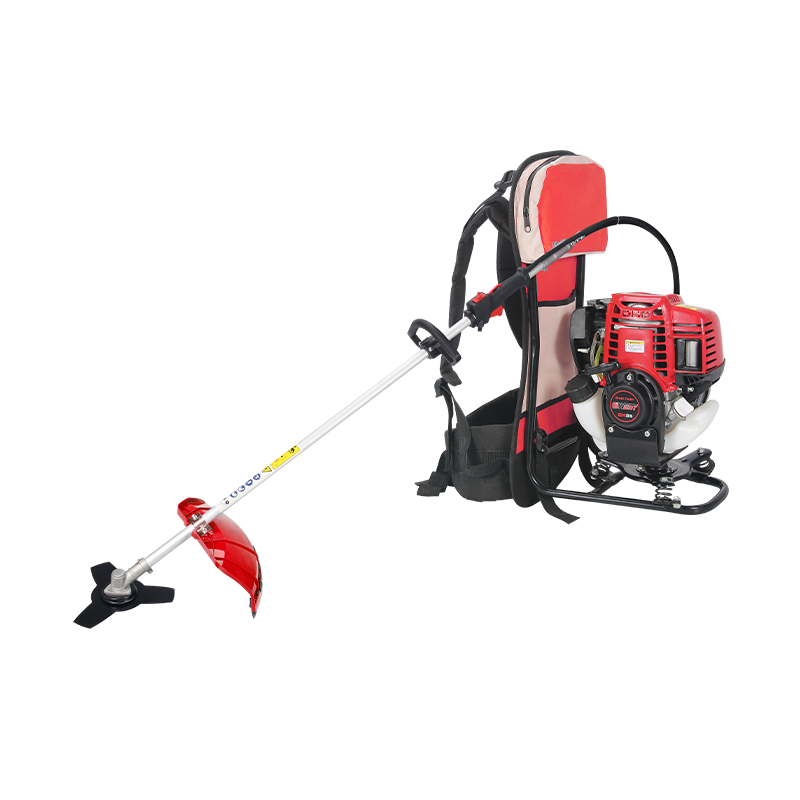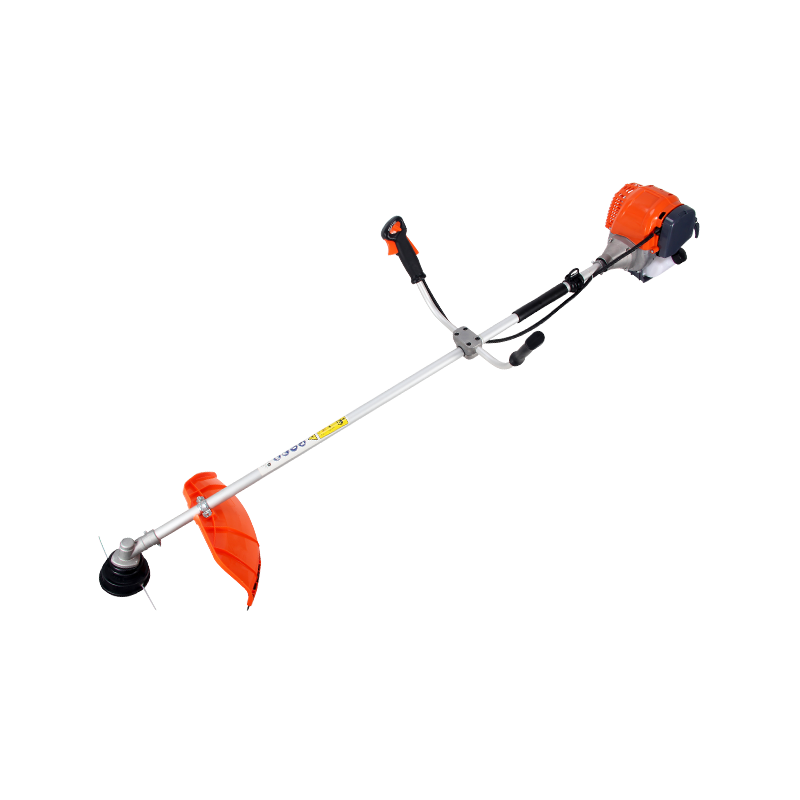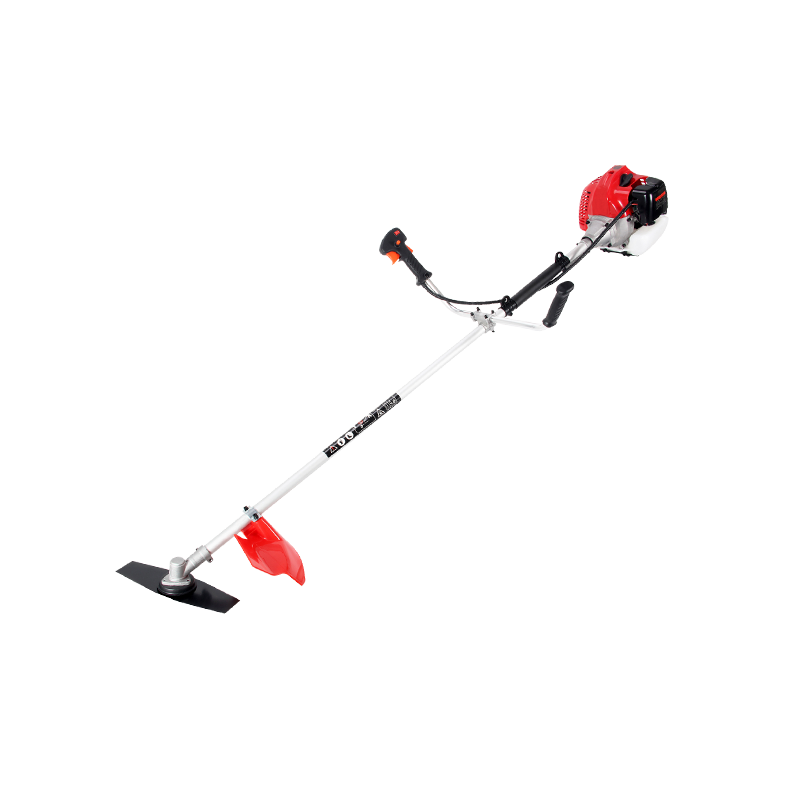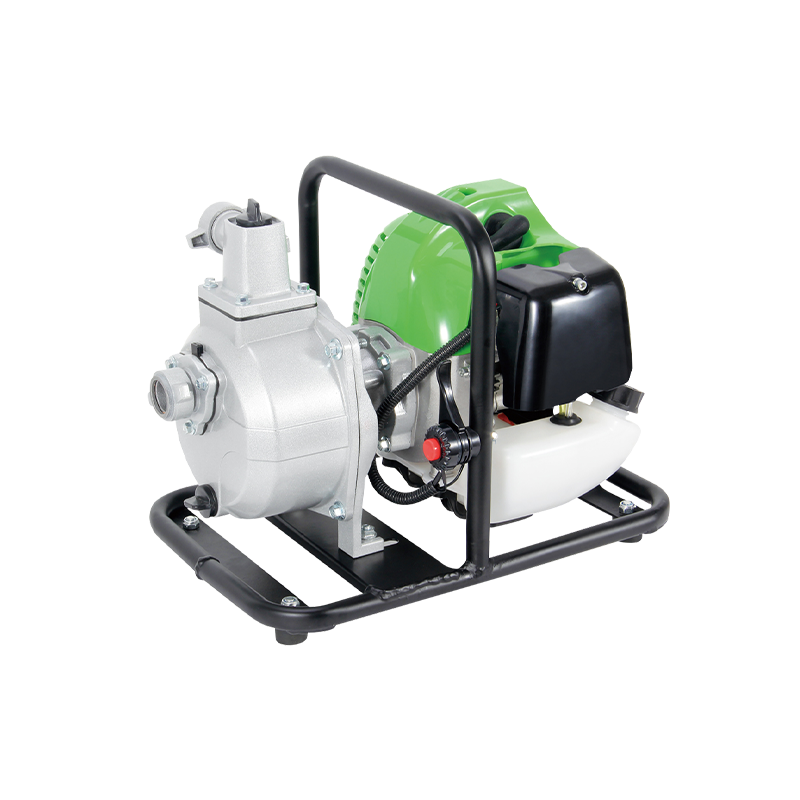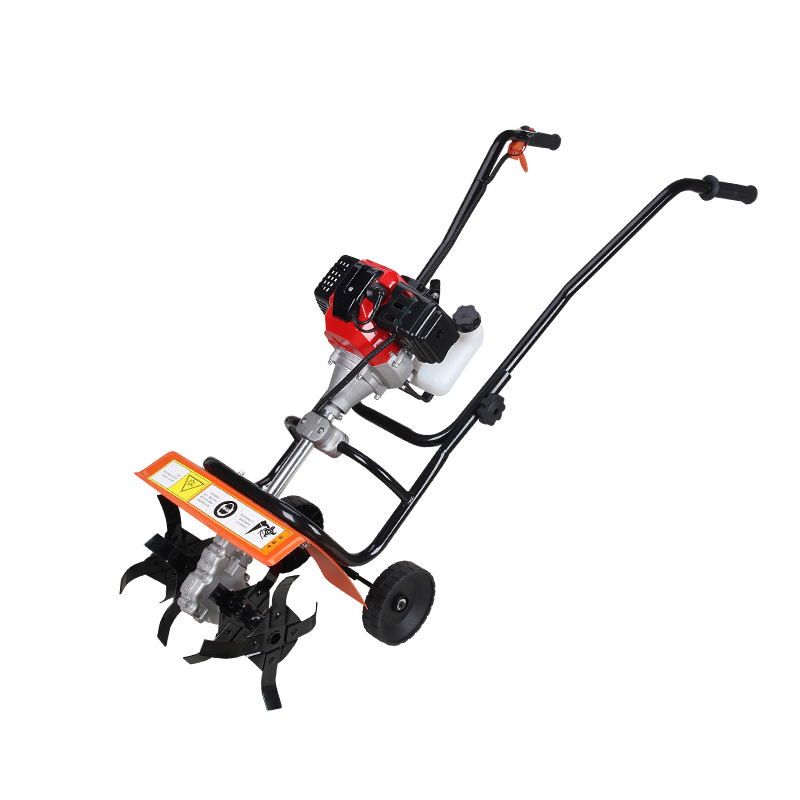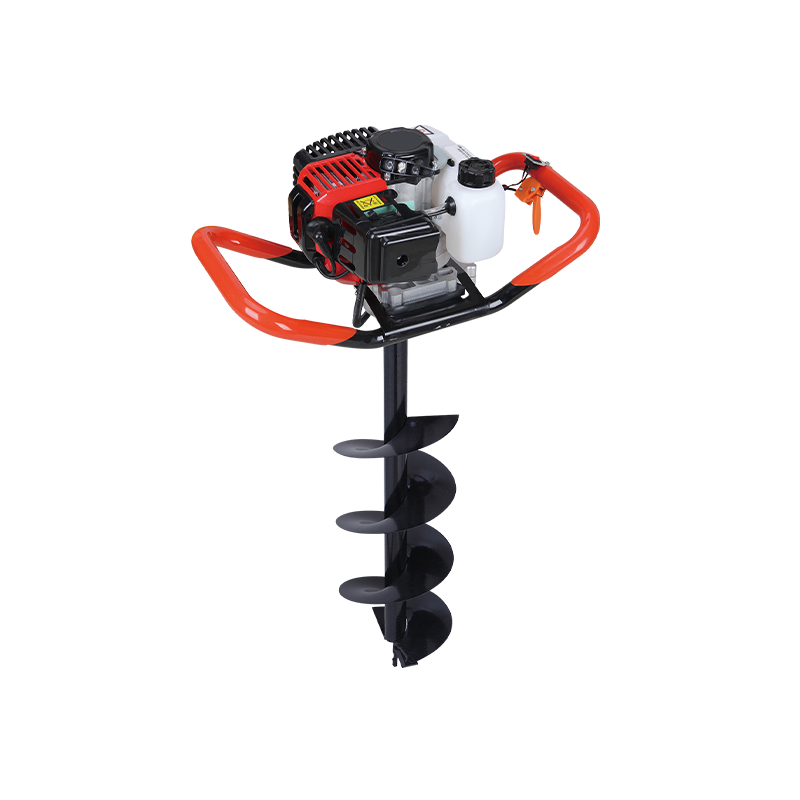Outdoor power tools such as chain saws and brush cutters are widely used in forestry, landscaping, agriculture, and construction. For these machines, the availability and quality of spare parts directly influence their performance over time. A Gasoline Chain Saw Spare Parts Exporter and a Brush Cutter Spare Parts Exporter both play significant roles in ensuring that users have consistent access to components that keep their equipment functioning smoothly. Understanding how these exporters contribute to equipment longevity helps professionals and homeowners make better decisions when it comes to tool maintenance and operation.
Importance of Spare Parts in Daily Operations
When a gasoline chain saw or brush cutter is in constant use, parts such as chains, blades, spark plugs, filters, and carburetors naturally wear down. Without proper replacements, operators face reduced cutting efficiency, higher fuel consumption, and even potential equipment breakdowns. Exporters provide the necessary parts in a timely manner, reducing downtime and keeping operations running. By ensuring parts are available in global markets, exporters support users who depend on these tools for professional work and seasonal maintenance.
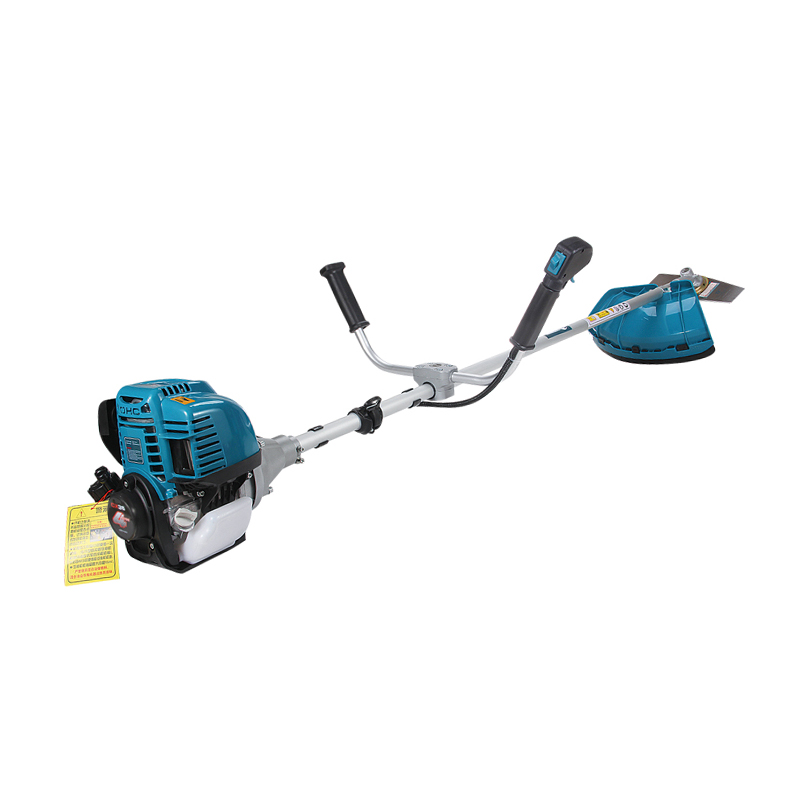
Role of Exporters in Quality Assurance
A major factor that influences the longevity of chain saws and brush cutters is the consistency of parts supplied. Exporters often work closely with manufacturers to ensure components meet production standards. This includes testing for durability, compatibility, and ease of installation. When spare parts are produced under strict guidelines and distributed by professional exporters, users can be confident that their equipment will continue to perform effectively even after extensive use.
Enhancing Maintenance Practices Through Availability
Maintenance routines rely heavily on access to correct parts. For instance, replacing a worn chain on a gasoline saw or fitting a new blade on a brush cutter can restore cutting precision immediately. Exporters simplify this process by keeping stock of high-demand components and shipping them to international markets. This global availability allows technicians and operators to follow recommended maintenance schedules without unnecessary delays, which significantly contributes to extending the life of the equipment.
Supporting Professional and Home Users Alike
While professional landscapers and forestry workers may use these machines daily, homeowners also require spare parts to maintain their gardens or properties. Exporters make sure that the supply chain does not favor only large-scale buyers but also supports smaller orders. By offering spare parts in a range of sizes and quantities, exporters help both sectors maintain equipment longevity. The ability to source authentic parts prevents the use of low-quality substitutes that could shorten the lifespan of machines.
Technical Guidance and After-Sales Support
Beyond supplying physical parts, exporters often provide valuable information that guides users on correct installation and maintenance. For example, guidance on choosing the right chain size, setting proper tension, or replacing air filters helps reduce errors that might damage equipment. Some exporters work in collaboration with manufacturers to supply user manuals or digital resources that simplify repair processes. This combination of spare parts and technical support ensures equipment is maintained correctly, reducing the risk of premature wear.
Cost Efficiency Through Preventive Measures
Frequent breakdowns not only cause downtime but also increase costs. Exporters who provide steady access to affordable spare parts help users implement preventive maintenance strategies. This practice reduces the need for expensive overhauls and extends the life cycle of gasoline chain saws and brush cutters. As a result, businesses and individual users save resources while maintaining consistent performance.
Contribution to Global Supply Chains
In many regions, local production of spare parts for specialized outdoor equipment is limited. Exporters bridge this gap by ensuring that parts are transported efficiently across countries. This contribution supports industries such as forestry and agriculture, where uninterrupted use of equipment is critical. By keeping supply chains functional and timely, exporters play a key role in sustaining equipment longevity on a broader scale.
Building Long-Term Partnerships with Users
Trust between exporters and users grows when parts consistently meet expectations. Long-term availability encourages users to continue maintaining their equipment rather than replacing machines prematurely. Exporters that invest in stocking a wide variety of spare parts—from small consumables like gaskets to larger components like engines—help extend the functional life of outdoor tools. This stability supports the long-term productivity of both professional and domestic users.
The efforts of a Gasoline Chain Saw Spare Parts Exporter and a Brush Cutter Spare Parts Exporter go far beyond shipping items from one country to another. By ensuring the availability of high-quality parts, providing technical support, and maintaining consistent supply chains, exporters contribute directly to extending the working life of outdoor power equipment. For users who rely on these machines in demanding environments, the role of exporters is central to ensuring durability, safety, and cost efficiency over time.


 English
English русский
русский Español
Español عربى
عربى